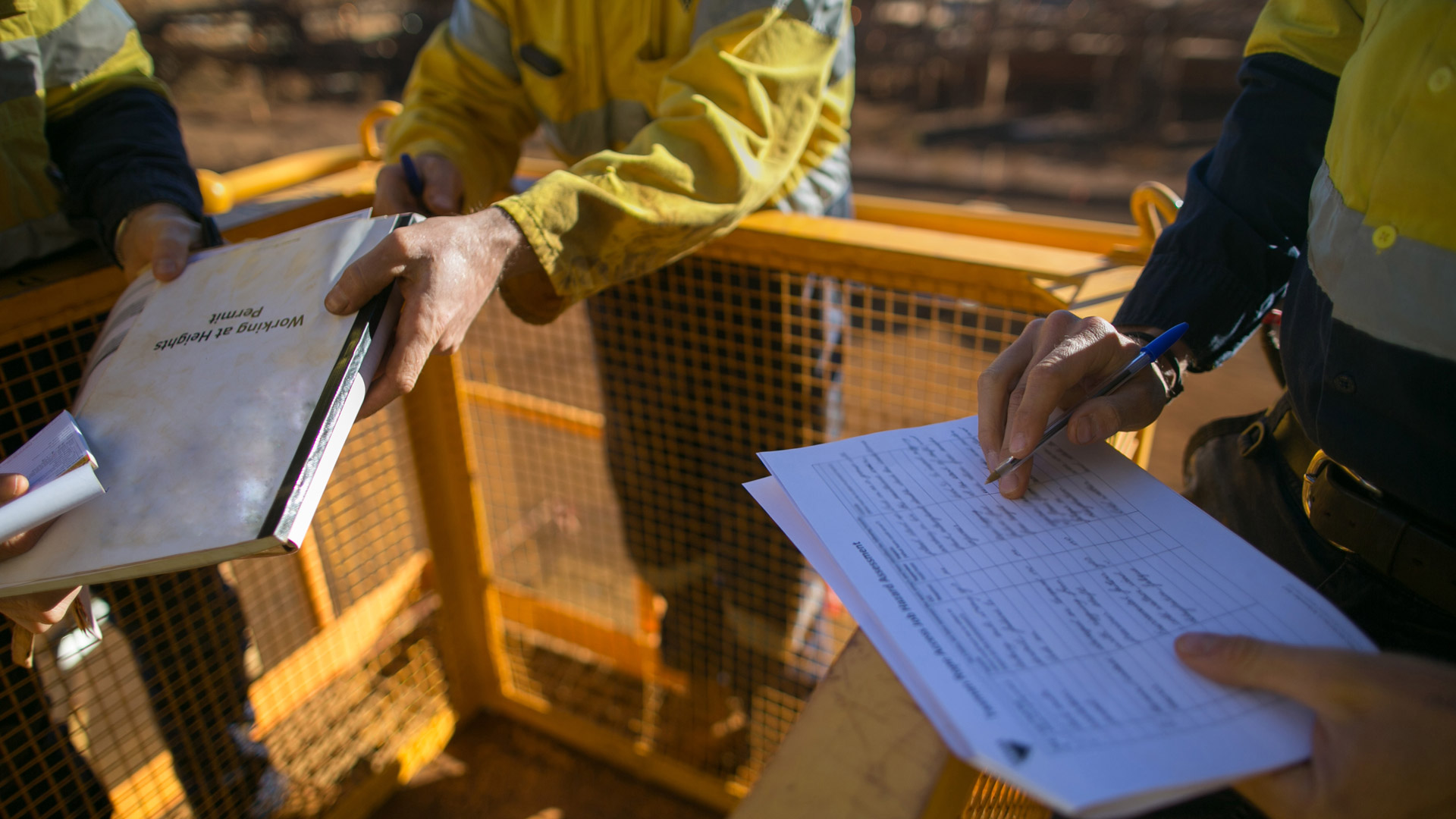Workplace safety and health challenges arising from outsourcing have been revealed as part of a new study by Cranfield University. The new study, funded by IOSH, saw researchers explore how outsourcing practices vary when working with different types of contractors. The study focused on the relationship between client firms and the main sub-contractor.
Challenges for maintaining occupational safety and health standards when outsourcing included tensions between organisations and varying regulations across countries.
The research also found safety performance was not reviewed during and after contracts were signed in outsourced relationships – which acted as a barrier to improvements in safety performance.
Dr Colin Pilbeam, Reader in Safety Leadership at Cranfield University, said:
“Outsourcing is a significant and increasingly common organisational change initiative of the modern era, occurring not only in private companies but also in public sector organisations across the globe. However, outsourcing can also introduce safety risks into an organisation.
“This research, funded by IOSH, highlights some of the safety challenges involved in outsourcing relationships and shows many industries manage safety through a common set of practices. While this can establish an acceptable level of safety performance, there can be issues around execution in organisations. More needs to be done to understand how safety can be managed in outsourced relationships between organisations.”
As part of the study the research team developed a framework to distinguish between tasks that were core to a firm’s strategic goals and the difficulty of a task, accommodating both firm-to-firm and firm-to-individual relationships.
They then conducted a systematic literature review to identify safety risk factors and safety management practices found in 44 empirical studies of outsourcing relationships.
The study engaged with three global companies across the engineering, logistics and pharmaceuticals sectors. These companies outsourced a variety of activities including construction and facilities management to other global companies.
Through a series of 60 semi-structured interviews with employees in both organisations in each outsourcing relationship, the study investigated safety risks and the management of safety in these relationships.
Challenges associated with the management of safety in outsourced relationships included:
- Operating across national borders where local legal and regulatory frameworks for safety differ from those governing the policies and procedures developed by the outsourcing company.
- Outsourcing to another company where expectations of monitoring safety performance (such as reporting near misses and safety-related incidents) differ.
- Tensions at board level can adversely affect otherwise amicable and effective relationships locally. Conversely, agreeable relationships at board level cannot mitigate antagonistic relationships locally.
- Hard fought negotiations over the contract can adversely affect resource availability and subsequent safety performance.
- A safety dip at the beginning of an outsourcing relationship can be mitigated by transferring staff from the old to the new provider, but this limits innovation and improvements in safety performance.
Mary Ogungbeje, Research Manager at IOSH, said:
**“**Employers can’t abdicate their health and safety responsibilities just by having a contractor in place to do the job. History has shown us that health and safety disasters happen when contractor arrangements are not managed properly. So, whilst each context may be different, this study usefully reveals some common sets of practices in outsourcing relationships, that can help employers to minimise the safety risks. The specific case studies also highlight some learning opportunities for businesses to consider.”
The research report, Managing safety following organisational change through outsourcing: Dysfunctional processes and fractured relationships, is available here.
You may also be interested in
RELATED CONTENT
RELATED COURSES

The Selection and control of contractors course is designed for individuals who are responsible for selecting and managing contractors in the workplac...

IOSH Safety for Executives and Directors is designed for those who have operational or strategic accountability for a company.

The Permits to work course explores the elements of permit-to-work systems and the high-risk activities that may require them.

The NEBOSH National General Certificate is a vital first step for those wanting a long and successful career in health and safety.

With the COVID-19 vaccine now being rolled out across the country, Pam Loch asks can employers insist that employees have it?

Half of freelancers are planning to stop contracting in the UK after the changes to IR35 come into effect in April.

New research from the CIPD shows zero-hours contract workers report having a better work–life balance and wellbeing than other workers, but improved e...

Amazon has launched an innovative new contract that offers parents, grandparents and guardians of school-age children the choice to work term-time onl...